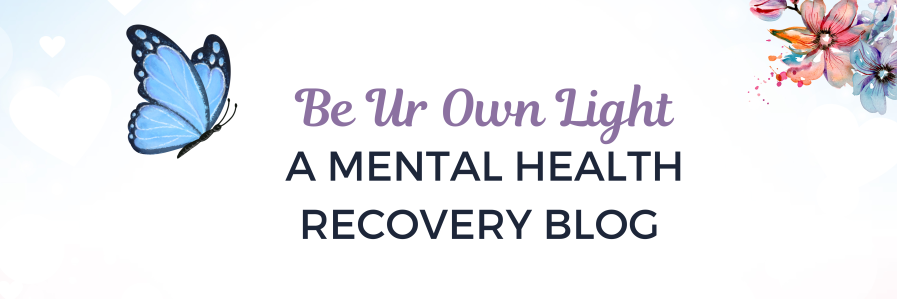
(image: Hannah Busing: Unsplash)
Eating disorders are serious mental illnesses that affect millions of people worldwide. These disorders can have a devastating impact on a person’s physical health, mental well-being, and quality of life. If you think a friend may be struggling with an eating disorder, it is important to seek help as soon as possible. There are many different types of treatments available for eating disorders, and the right approach will depend on the individual’s unique needs and circumstances. This blog post will discuss some of the most effective eating disorder treatments to consider if you think a friend may be struggling.
Inpatient Treatment
Inpatient treatment is a highly specialised form of care that involves staying in a hospital or residential facility. This type of treatment is typically recommended for individuals who are experiencing severe eating disorders and need intensive support and supervision.This inpatient eating disorder treatment may include medical monitoring, individual and group therapy, and nutritional counselling. This approach can be highly effective in helping individuals regain weight, learn new coping skills, and develop healthier eating habits.
Outpatient Treatment
Outpatient treatment is another option for individuals who are struggling with an eating disorder. This type of care involves visiting a mental health clinic or hospital on a regular basis for counselling and other therapies. Outpatient treatment may be appropriate for individuals who are in the early stages of recovery, or who have a less severe eating disorder. It can also be a good option for those who need to balance treatment with work or other responsibilities.
Cognitive Behavioural Therapy
(CBT) Cognitive behavioural therapy (CBT) is a widely used form of psychotherapy that has been shown to be effective in treating eating disorders. This approach focuses on identifying and changing negative thought patterns that contribute to disordered eating behaviours. CBT can be used in both inpatient and outpatient settings, and may be combined with other types of therapies to create a comprehensive treatment plan.
Family-Based Treatment
(FBT) Family-based treatment (FBT) is a specialised approach to treating eating disorders in children and adolescents. This approach involves the entire family in the treatment process and is designed to help parents and caregivers support their child’s recovery. FBT has been shown to be highly effective in treating anorexia nervosa, and may also be used to treat other types of eating disorders.
Nutritional Counselling
Nutritional counselling can be an important component of eating disorder treatment. This type of therapy involves working with a registered dietitian to develop a healthy eating plan that meets the individual’s specific needs and goals. Nutritional counselling may be used in conjunction with other types of therapies, such as CBT, to create a comprehensive treatment plan.
Eating disorders are complex and challenging to treat, but with the right help, recovery is possible. If you think a friend may be struggling with an eating disorder, it is important to seek professional help as soon as possible. Inpatient and outpatient treatment, cognitive behavioural therapy, family-based treatment, and nutritional counselling are all effective options to consider.
Remember, recovery is a journey, and it may take time and patience to achieve lasting results. With the right support and treatment, your friend can learn to overcome their eating disorder and live a happy, healthy life.
If you’re in the UK please see the following charity to help too: https://www.beateatingdisorders.org.uk/ as we approach Eating Disorders Awareness Week.
This article as written by Anita Ginsburg and contains a non sponsored link.











